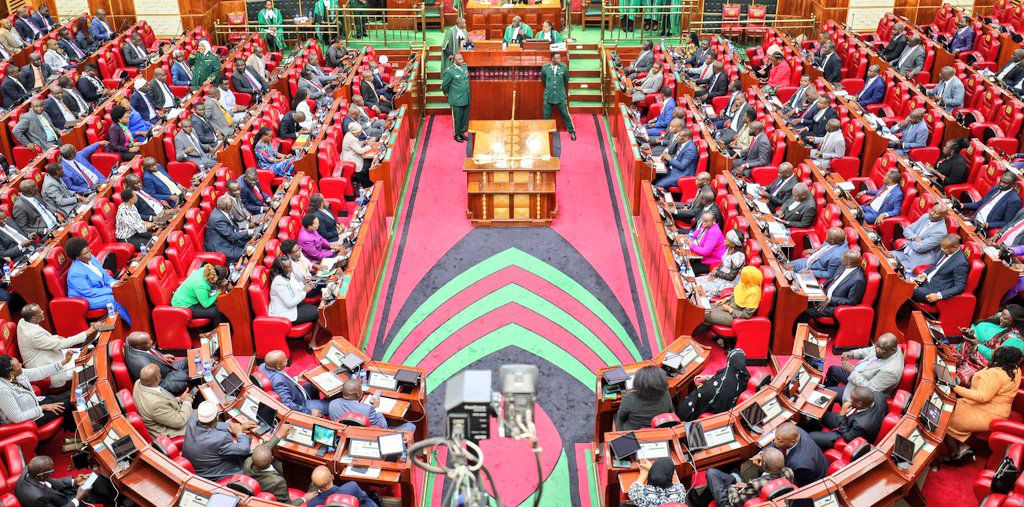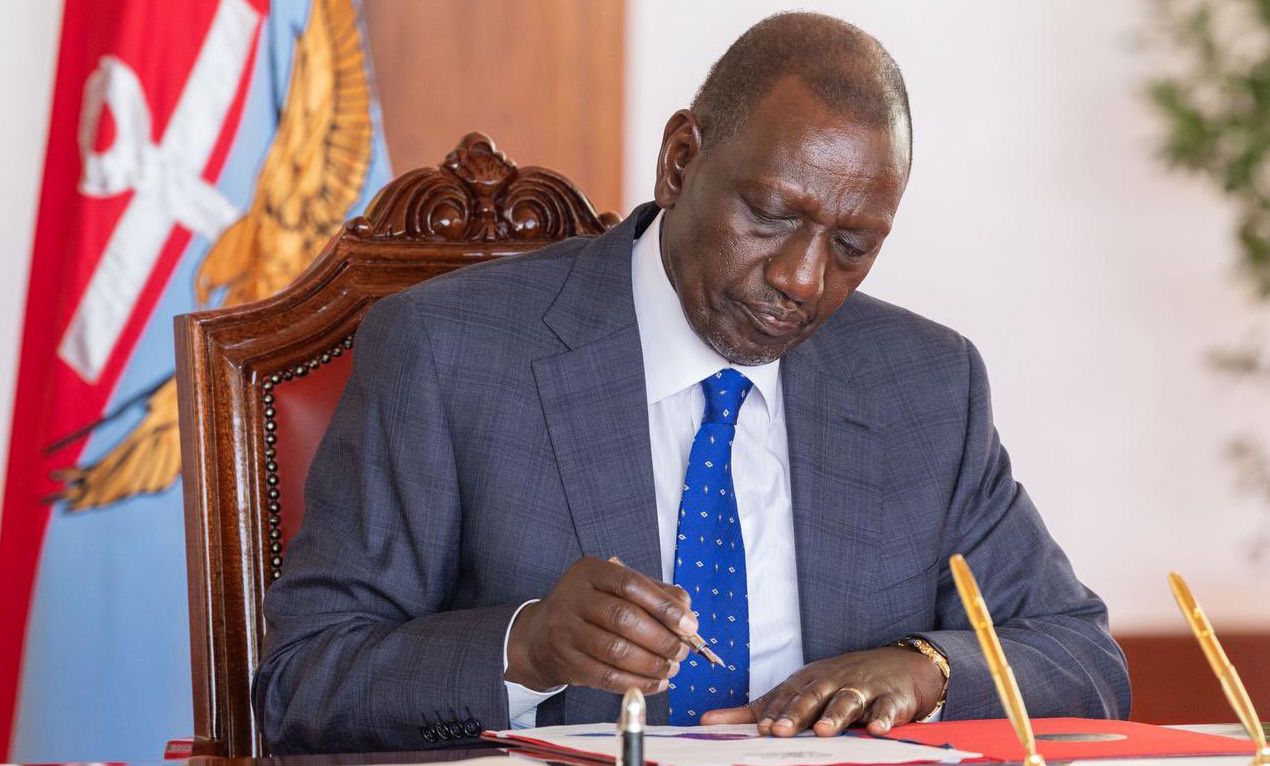Members of the National Assembly have rejected the Mung Bill, 2022.
In an update on its official X account on Tuesday, September 24, the lower house said the MPs rejected the controversial Bill by a majority.
Following this new development, the Bill which seeks to regulate the production, processing, and marketing of mung beans will head to mediation.
"The National Assembly by a majority has rejected the Mung Bill, 2022 at the second reading stage. The bill which seeks to regulate the production processing and marketing of mung beans in Kenya will now proceed to mediation," the National Assembly announced.
When a bill in the National Assembly is headed to mediation, it means that the bill has been rejected by one house (typically the National Assembly) after amendments from the other house (the Senate).
Read More
A Mediation Committee is then appointed to reconcile differences between the two houses and develop a unified version of the bill for reconsideration.
This process is guided by Article 113 of the Constitution, ensuring both houses can negotiate and potentially agree on a final version of the legislation.

The Mung Beans Bill, 2022, was tabled by Kitui Senator Enoch Wambua.
Officially published on December 30, 2022, it was first read in the Senate on February 15, 2023, and subsequently passed to the National Assembly on February 21, 2024.
The Bill mandates that individuals or entities involved in marketing or large-scale trading of mung beans must obtain a license from their county government.
The Bill states that small and medium-sized farmers are required to register with the County Executive Committee (CEC), which helps maintain a register of growers and assess crop capacity.
Violations can lead to fines of up to Ksh 1 million or imprisonment, per the Bill.
Wambua has clarified that the Bill does not require all farmers to obtain licenses for cultivation, as this has been misrepresented in media reports.
Instead, he argued that it seeks to enhance the mung bean sector's competitiveness globally by establishing a structured regulatory framework.
“This data is crucial for strategising on how to make Kenya’s mung bean industry competitive on an international scale,” Wambua said.






